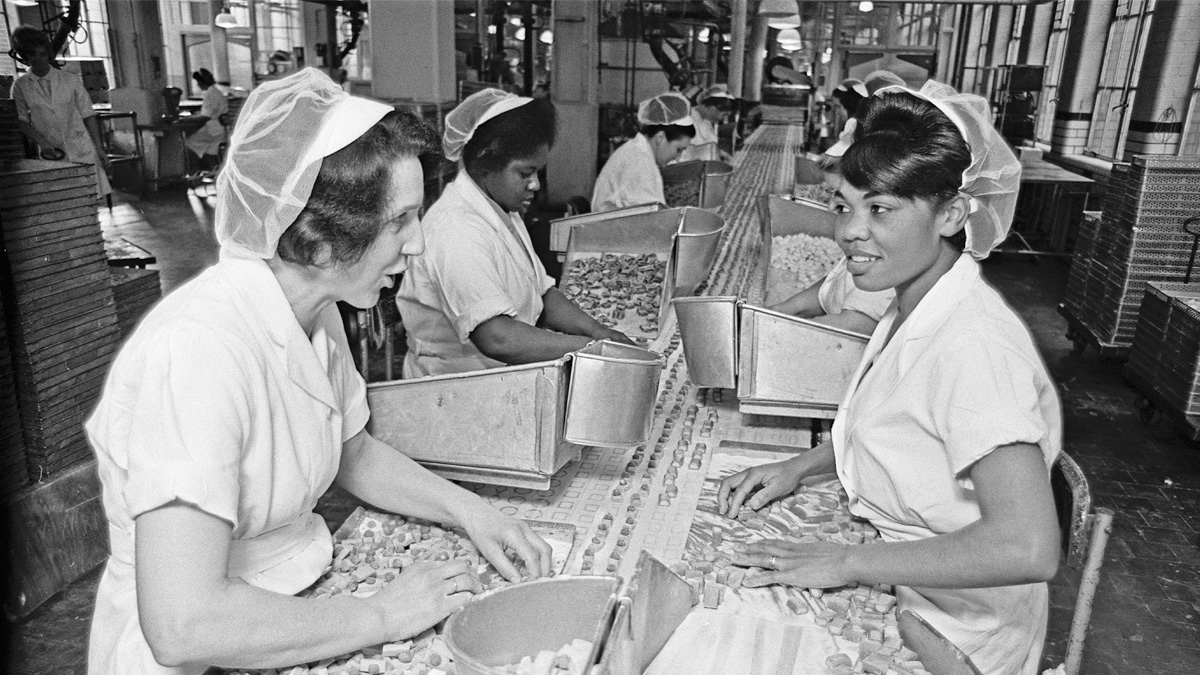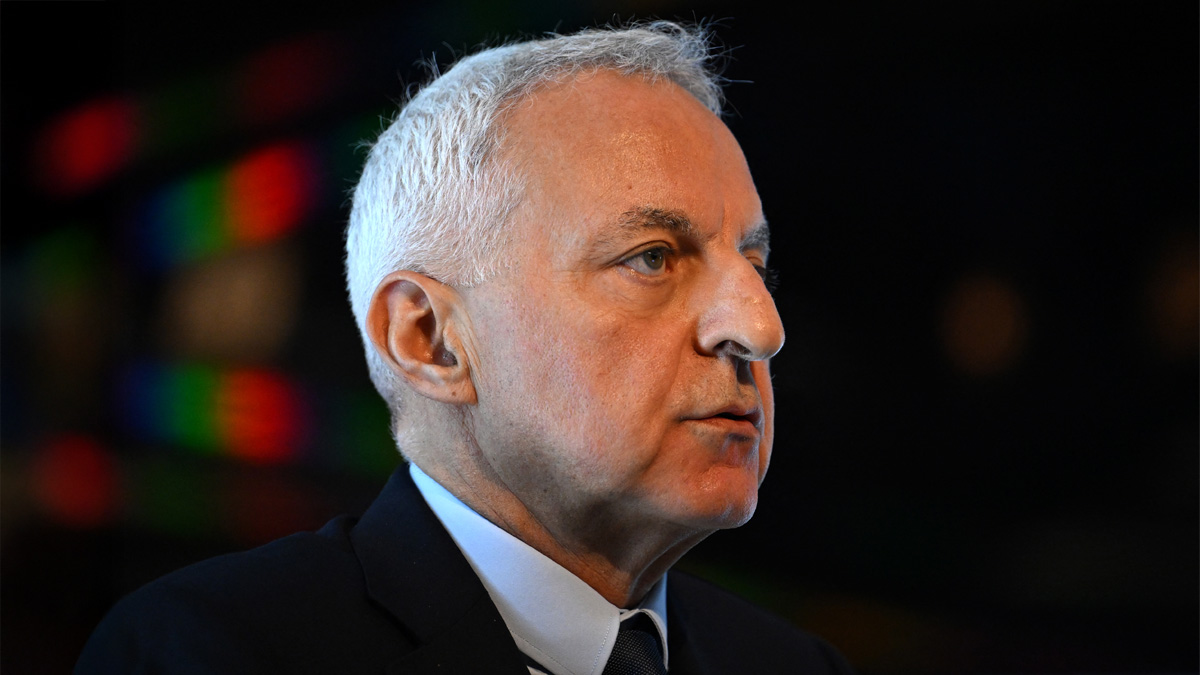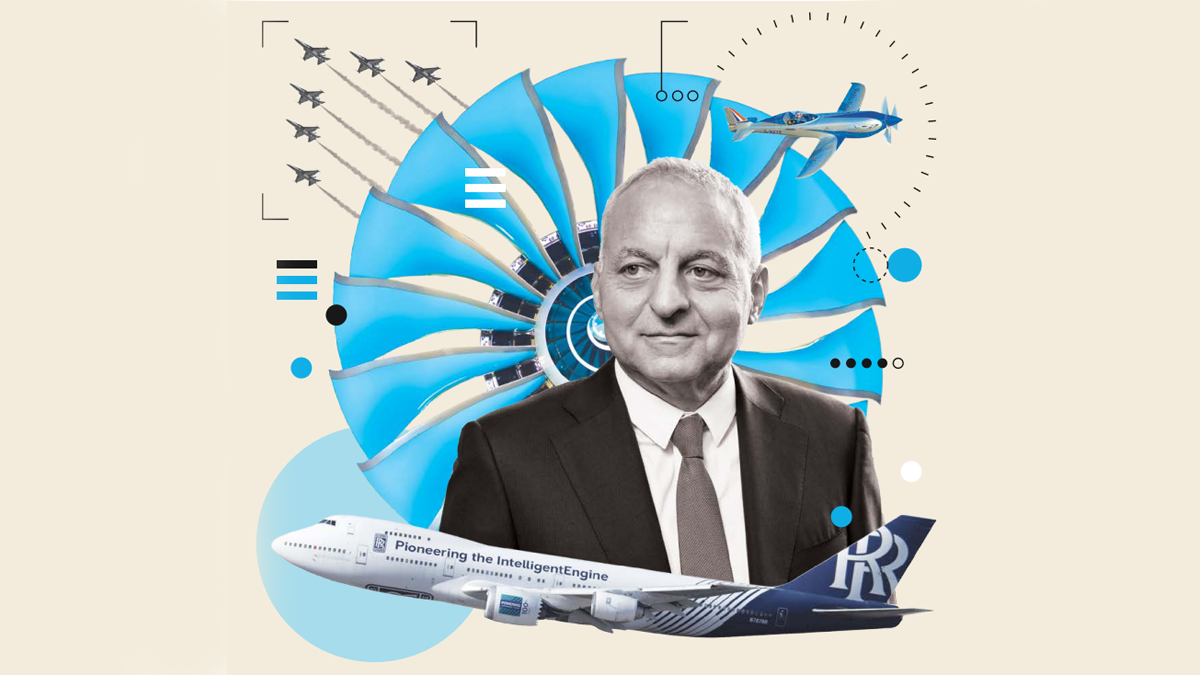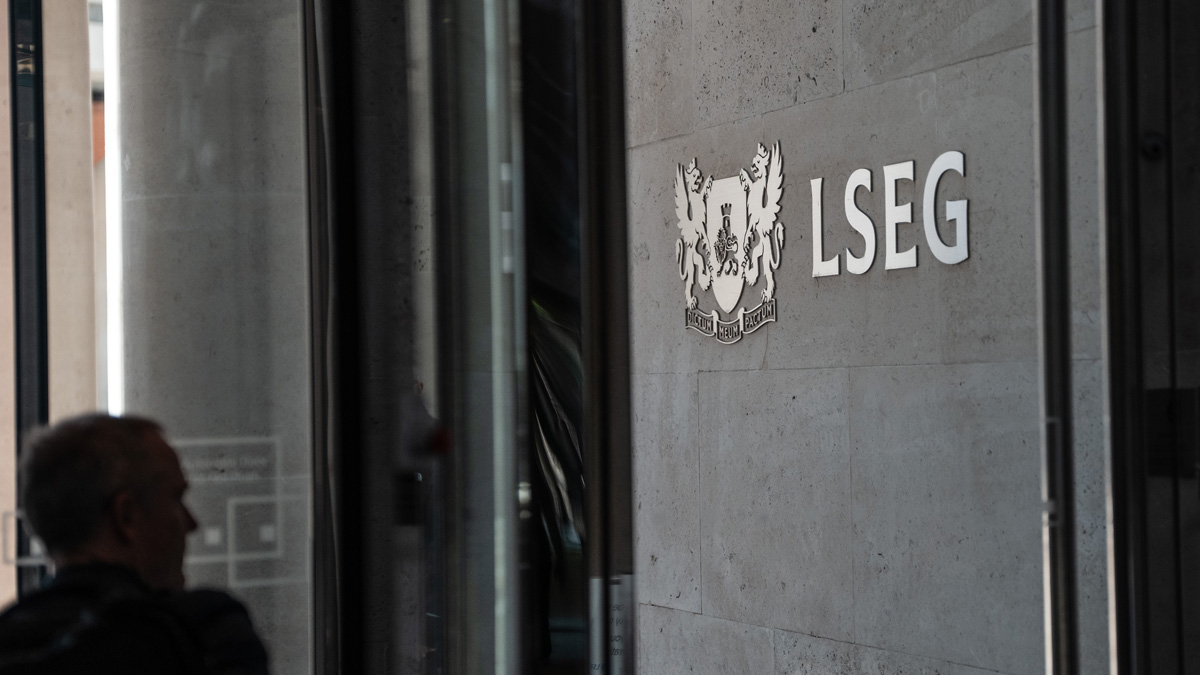
New research has revealed that half of the UK’s newest entrepreneurs are Millennials.
The study found that people between the ages of 25 and 40 have set up 49% of new businesses in the country since July 2020.
That is the largest proportion in the UK, ahead of those in Generation X – currently aged between 41 and 56 – which accounts for 33% of the UK’s newest entrepreneurs.
Baby Boomers – aged between 57 and 75 years old – have set up 9.6% of new businesses, while 16-24-year-olds, AKA Generation Z, are responsible for 7.8% of new companies.
The study was conducted by cloud accounting company Ember, which analysed more than 400,000 records from Companies House over the past 11 months to discover the common traits among the UK’s latest business owners.
In total, more than 227,000 businesses were set up by Millennials, and with approximately 14.2 million people in the UK born between 1981 and 1996, that means that 1.6% of Millennials have started a business in the past 11 months – the highest percentage in the UK. For Gen X, 1.09% of the 14 million people born between 1965 and 1980 have started a business.
In addition, the data reveals that a higher proportion of Gen Z have set up a business than Baby Boomers. There are seven million members of Gen Z who are at least 16 years old – the minimum age to register a company – which means that 0.51% have set up a business, compared to 0.33% of 13.5 million Boomers.
Ilford had the highest number of new businesses compared to its population, followed by Manchester in second, and Dagenham in third.
Romford is in fourth, Hayes is fifth and Southall six, meaning five of the six most entrepreneurial places in the UK are London boroughs. However, overall the capital ranks 25th on the list for the ratio of new businesses to population.
The UK’s most entrepreneurial areas, according to Ember
| Area | Ratio of new businesses to population | |
| 1 | Ilford | 1.5663% |
| 2 | Manchester | 1.4043% |
| 3 | Dagenham | 1.2942% |
| 4 | Romford | 1.2877% |
| 5 | Hayes | 1.2446% |
| 6 | Southall | 1.1982% |
| 7 | Slough | 1.1843% |
| 8 | Aylesbury | 1.1525% |
| 9 | Watford | 1.0851% |
| 10 | Reading | 1.0459% |
The most popular type of business created in the past year has been e-commerce, with the study finding more than 26,000 new companies registered as ‘Retail sale via mail order houses or via Internet’.
The second most popular type of new business is defined as ‘Management consultancy activities other than financial management’, which saw more than 14,000 new providers.
The third most common type of new business was ‘Other service activities n.e.c.’, which can include everything from pet sitting services and pavement artists to tattooists and genealogists.
Commenting on the study, Ember co-founder Daniel Hogan said: “It’s fascinating to see the trends and themes that emerge when we look at the UK’s newest entrepreneurs. The country has had to adapt to massive changes over the past year, so despite the uncertainty it’s inspiring to see so many people taking the initiative to set up their own business.”
The study also investigated more details of the UK’s newest entrepreneurs and discovered that the largest number of new businesses were registered by someone with the first name David, followed by people named Michael, and then by people named James.
The most common traditionally female name for a new business owner was Sarah, with Emma in second and Rebecca in third.
Of the 100 most common names for new business starters, 74 were typically male names, while 19 were traditionally women’s names.
Top ten most common names for new business starters, according to Ember
| Women’s names | Men’s names | |
| 1 | Sarah | David |
| 2 | Emma | Michael |
| 3 | Rebecca | James |
| 4 | Laura | Andrew |
| 5 | Nicola | Paul |
| 6 | Claire | Daniel |
| 7 | Victoria | Mark |
| 8 | Charlotte | Christopher |
| 9 | Lisa | John |
| 10 | Rachel | Muhammad |
Related and recommended

Many argue the five-day week is no longer fit for purpose, but can a four-day week really work for businesses?

From Rolls-Royce to Marks & Spencer, these CEOs show how decisive leadership can transform Britain’s biggest companies

Rolls-Royce is one of the most famous names in British business, but its financial performance has rarely matched its reputation. Until now. Tufan Erginbilgiç is our CEO of the Year

Years of decline have hollowed out London’s listing market, but founders, banks and ministers are quietly pushing for a revival

